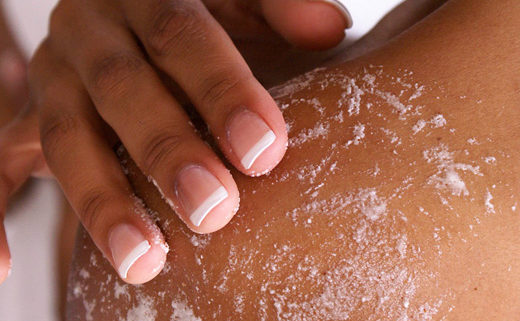New York bans plastic microbeads in beauty products
New York state officials voted unanimously to ban plastic microbeads this month. The new Microbead-Free Waters Act prohibits the distribution and sale of any beauty or personal care product containing plastic pieces of less than five millimetres in the state, reports Plastics News.
The affect of plastic pollution on the world’s waterways has come under intense scrutiny lately, with scientists revealing that plastic is the most common type of litter found on the seafloor, accounting for 41% of all waste found in Europe’s deepest ocean depths. Rubbish was found at every Mediterranean site surveyed, from depths of 35 metres to 4.5 kilometres, and all the way from the continental shelf of Europe to the mid-Atlantic ridge, around 2,000km from land.
In addition, environmental activists worldwide are pushing beauty and cosmetics companies to remove microbeads from beauty products, claiming that the tiny plastic beads are damaging water supplies, marine life and the ecological balance of the planet.
The ‘Beat the Microbead’ campaign reports that marine species are unable to distinguish between food and microbeads. More than 663 different species are negatively impacted by marine debris and some 11% of reported cases are caused by the ingestion of microplastics, according to campaigners.
To make matters worse, microbeads can act like tiny sponges, absorbing other dangerous chemicals, including pesticides and flame retardants. When marine animals ingest the beads, they also consume these other poisons.
The New York State Assembly passed legislation banning the microbeads on 5th May 2014, by a 108-0 vote. New York is the first US state to begin a legislative process aimed at outlawing the beads. Other states look set to follow its example, with California already firmly en route to passing a similar law.
“We’ve taken an important step towards ridding our oceans, lakes and waterways of microbeads,” said Robert K. Sweeney, chairman of the New York State Assembly’s Environmental Conservation Committee.
Proctor & Gamble, Unilever, and Colgate-Palmolive have all made recent commitments to start phasing microbeads out of their products, as pressure continues to rid the world’s waters of tiny plastic pollutants.

